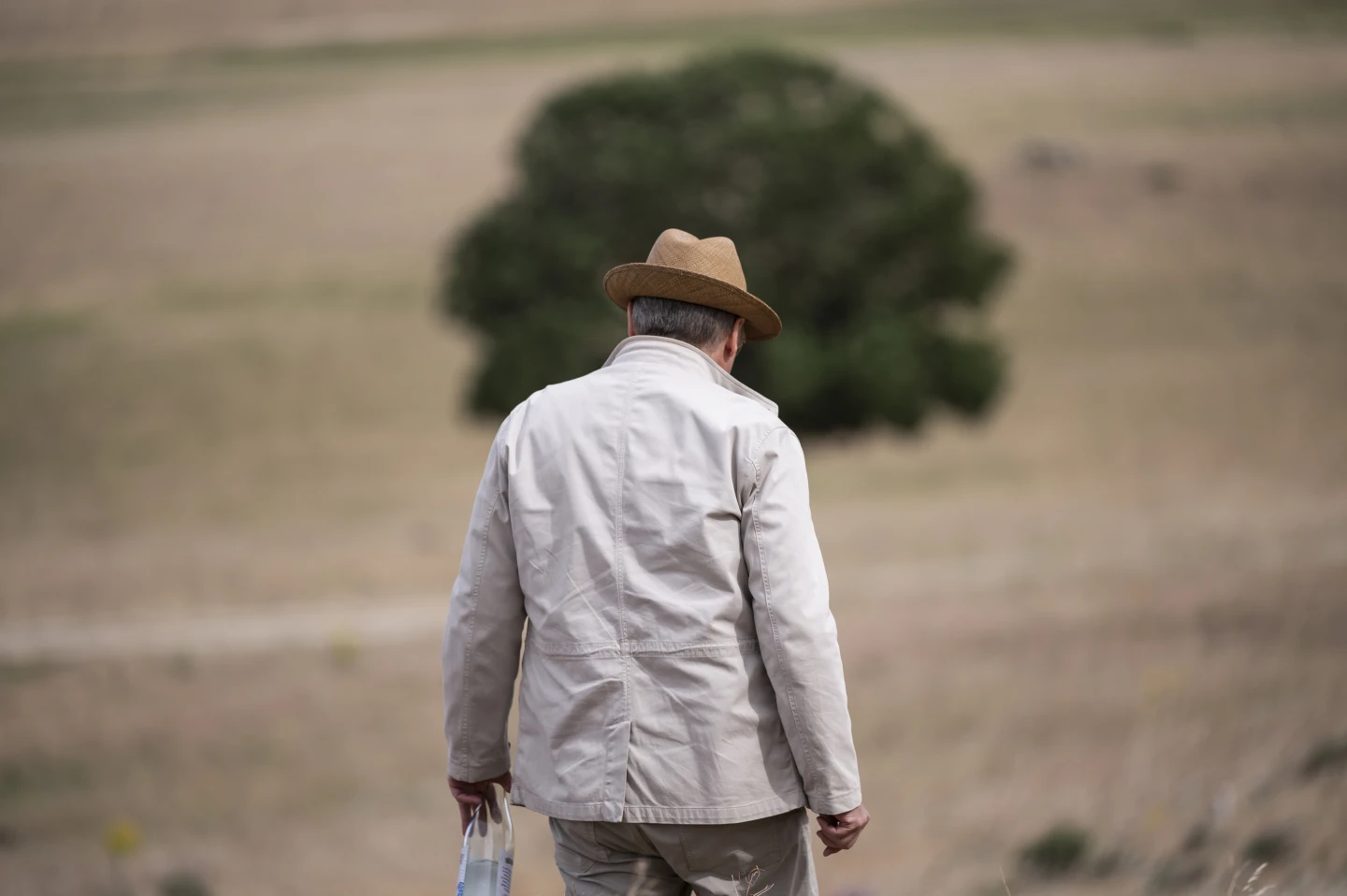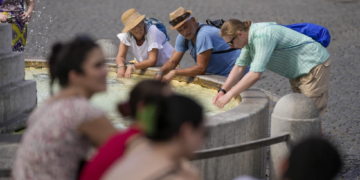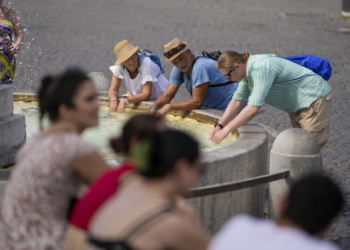For over 150 years, the Juneteenth holiday has held great significance for numerous Black communities, representing a sacred occasion. It commemorates the moment in 1865 when enslaved individuals in Galveston, Texas, discovered their freedom, following the conclusion of the Civil War and two years after President Abraham Lincoln issued the Emancipation Proclamation.
Since its official recognition as a federal holiday in 2021, Juneteenth has gained broader acknowledgment beyond the Black American community. Many individuals now have the day off from work or school, and a multitude of street festivals, fairs, concerts, and various events take place to honor the occasion.
Prior to recent times, those who didn’t delve deeply into the significance of June 19th might wonder about the “correct” approach to celebrating Juneteenth. To provide some guidance for newcomers and those seeking a refresher on history, here are a few answers:
- Is Juneteenth a solemn day of remembrance or more of a festive celebration? The choice is entirely yours. Juneteenth festivities traditionally feature cookouts and barbecues. During the early years of this holiday, which Black Americans consider their true Independence Day, outdoor gatherings provided an opportunity for joyous reunions among previously separated families who had endured enslavement. These gatherings held particular significance because they occurred without the oppressive restrictions imposed by “Black Codes” enforced in Confederate states, which controlled the voting rights, property ownership, worship, and other aspects of daily life for liberated slaves.
Alan Freeman, a 60-year-old comedian from Houston, has cherished memories of celebrating Juneteenth throughout his childhood. Growing up just 50 miles away from Galveston, where the historical events took place, he witnessed the vibrant spirit of the holiday firsthand. As the producer of Galveston’s inaugural Juneteenth Comedy Festival, Freeman is dedicated to honoring the occasion.
Recalling his upbringing, Freeman vividly remembers the distinct aroma of smoke permeating his neighborhood during Juneteenth. This was a result of numerous families firing up their barbecue pits for joyous cookouts. In those days, anyone was welcome to join in the feast, which showcased a variety of mouthwatering regional cuisines. Grilled chicken, beef, jerk meats, fried fish, and Jamaican plantains were just a few of the delectable dishes on offer.
Reflecting on the significance of Juneteenth, Freeman emphasizes that it fostered a powerful sense of unity among Black communities. It was a day uniquely reserved for African Americans, a holiday they didn’t have to share with anyone else. The celebration encapsulated the essence of freedom, commemorating their emancipation from slavery. Freeman fondly recalls the multitude of beautiful activities that accompanied the day, contributing to its profound meaning and significance.
While some individuals choose to celebrate Juneteenth through festivities and gatherings, others opt to observe it as a day of rest and remembrance. This may involve engaging in community service, attending educational panels, or simply taking time off to reflect.
Dr. David Anderson, a Black pastor and CEO of Gracism Global, a consulting firm focused on fostering conversations that bridge divides of race and culture, emphasizes the importance of offering people options when it comes to observing Juneteenth. Similar to the Martin Luther King Jr. holiday, which is often seen as a day of service, some individuals may actively participate in various activities. However, there are others who may choose a more relaxed approach, appreciating the significance of the day by watching related programs on television or taking time to rest. Dr. Anderson emphasizes that it is essential not to impose guilt on individuals for their preferred way of observing the holiday, but rather to provide them with a choice.
Dr. Anderson himself, now 57 and residing in Columbia, Maryland, did not engage in any Juneteenth celebrations during his youth. It wasn’t until his 30s that he learned about the holiday and its historical importance. This serves as a reminder that individuals may discover and embrace Juneteenth at different stages of their lives, highlighting the ongoing need for education and awareness surrounding its significance.
Dr. Anderson acknowledges that many individuals, including African Americans like himself, were unaware of Juneteenth and did not actively celebrate it in the past. He points out that for many, Juneteenth was merely a historical event rather than a joyful commemoration.
The significance of Juneteenth and the level of celebration varied for African Americans depending on their geographical location. Those who grew up farther away from Texas, where the events unfolded, were less likely to have experienced grand Juneteenth celebrations regularly. Additionally, in the southern states, the specific date of observance could differ based on when news of Emancipation reached each state.
As for Dr. Anderson’s personal plans, he doesn’t have a special event planned for Juneteenth apart from granting his employees time off on Friday and Monday. His focus is also on the fact that Father’s Day falls on the same weekend, which adds another layer of significance to the occasion.
Dr. Anderson expresses his desire to unite Father’s Day and Juneteenth, using the occasion to honor and celebrate his family.
As for public Juneteenth events across the country, a wide range of gatherings can be found online, varying in scope and tone. Some events resemble carnival-esque festivals with food trucks, arts and crafts, and parades. Within these festivals, attendees can often find access to professionals in healthcare, finance, and community resources. Concerts and fashion shows are also organized to showcase Black excellence and creativity. For those interested in delving into the historical significance of Juneteenth, numerous organizations and universities host panels to educate and remind people of its history.
Regarding special foods served on Juneteenth, aside from barbecue, the color red holds symbolic meaning. Red represents the bloodshed and sacrifice of enslaved ancestors. A Juneteenth menu might include items such as barbecued ribs or other red meats, watermelon, and red velvet cake. Drinks like fruit punch and red Kool-Aid may also make an appearance.
Dr. Karida Brown, a sociology professor at Emory University, emphasizes that non-Black individuals should not feel awkward about recognizing and celebrating Juneteenth, even if they don’t have personal ties or aren’t Black. She encourages embracing the holiday and reframing it as part of everyone’s history and collective experience. To honor Juneteenth authentically, educating oneself is crucial. Attending a street festival or supporting Black-owned businesses is a good start, but deepening one’s understanding through reading and learning about Black history beyond well-known figures like Martin Luther King Jr. and Rosa Parks is important for genuine growth.
If individuals are unsure how to ethically observe the day, Dr. Brown suggests expanding their knowledge of the holiday’s significance. This can be achieved through reading, attending events, or visiting African American history museums if available nearby. Developing a fuller understanding of Juneteenth and seeing it through the eyes of others, even if it’s not one’s lived experience, is a powerful and encouraged act of empathy.
Juneteenth has been referred to by various names over the years, including Freedom Day, Emancipation Day, Black Fourth of July, and Second Independence Day, among others. These alternative names reflect the bittersweet nature of celebrating the Fourth of July, which historically excluded Black people who remained enslaved.
When it comes to Juneteenth greetings, it is customary to wish people a “Happy Juneteenth” or “Happy Teenth.” Freeman, the comedian, compares it to the way people exchange “Merry Christmas” greetings during the holiday season. Regardless of race, uttering these greetings will likely elicit smiles and foster a sense of participation, providing a voice to non-Black individuals who celebrate Juneteenth.




























